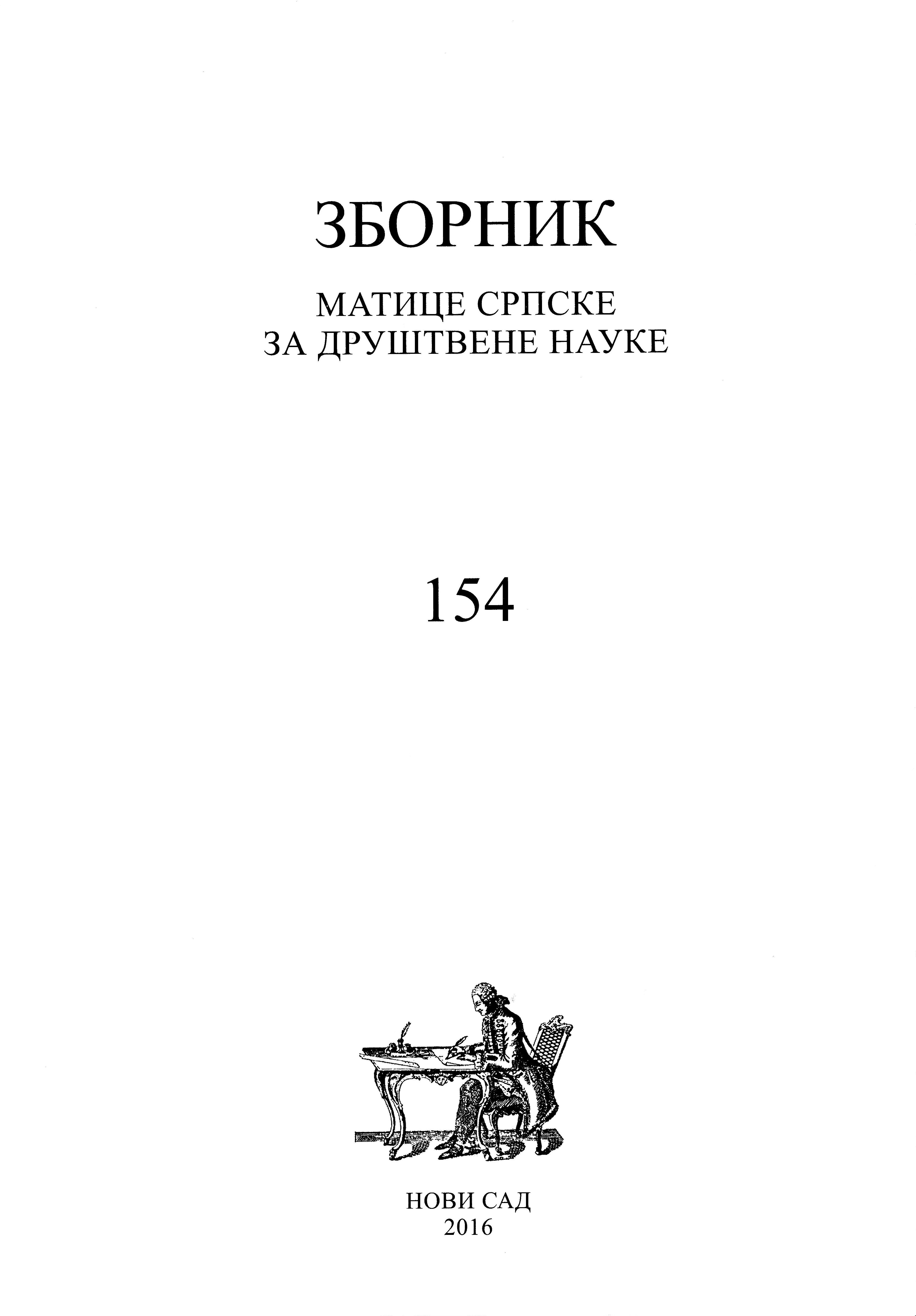Правноисторијски поглед на савремену реформу кривичног поступка у Републици Србији
Contemporary Reform of the Criminal Proceedings in the Republic of Serbia: Legal History View
Author(s): Zoran ČvorovićSubject(s): History of Law, Criminal Law
Published by: Матица српска
Keywords: Serbia; CPC; principle of material truth; partisan presentation of evidence; opportunism of prosecution; plea bargaining; reception; Americanization of judicial proceedings
Summary/Abstract: This article aims to review some solutions in the Criminal Procedure Code (CPC) from 2011, which represents breaking with former Serbian and Yugoslav tradition in criminal proceedings. These are, primarily, novelties related to opportunism in prosecution, plea bargaining and presentation of evidence by parties that all devalue principles of material truth determination in proceedings. This work establishes connection between the aforementioned solutions of Serbian legislator and the development of continental European criminal proceeding over centuries. Comparative historical legal analysis of these norms in the Serbian CPC begins with the key turning point in the development of the continental European criminal proceedings – suppression of the adversarial system by the inquisitorial proceedings in the XVI and XVII centuries. As this change has been closely related to the transition of, up to then, dominant type of states (feudal mosaic states to absolute monarchies), these modern changes in criminal proceedings are analyzed not only from the point of view of criminal procedure evolution, but also from the point of view of the evolution of states. In England, country of origin of Anglo-Saxon civilization, the old adversarial system was not transformed into inquisitorial, contrary to the development of the continental criminal proceedings. This transformation was prevented by Puritan revolution, similarly as it prevented the transformation of English state into absolute monarchy. Continental and Anglo-Saxon criminal proceedings have developed as two completely separate systems since then. This article further elaborates some of the key criminal law traditions in continental criminal proceedings and substantive criminal law which resulted from the introduction of the inquisitorial proceedings: development of complicity and guilt as institutes, final suppression of self-representation, incrimination of false testimony and perjury. These are directly related to the active role assigned to court in inquisitorial proceedings, and to court’s obligation to determine material truth. Changes in the role of court also result from the change of states; while weak feudal states were satisfied with passive courts, powerful absolute monarchies demanded courts with active role in all phases of proceedings. Modern Americanization of some European proceeding regulations, as it is the case in Serbia, brings discontinuation in legal proceeding tradition of these states, but also, necessarily, influences regression into domination of adversarial proceedings characterized by passive court. In continental tradition it also consequently indicates a weak state.
Journal: Зборник Матице српске за друштвене науке
- Issue Year: 2016
- Issue No: 154
- Page Range: 19-36
- Page Count: 18
- Language: Serbian

